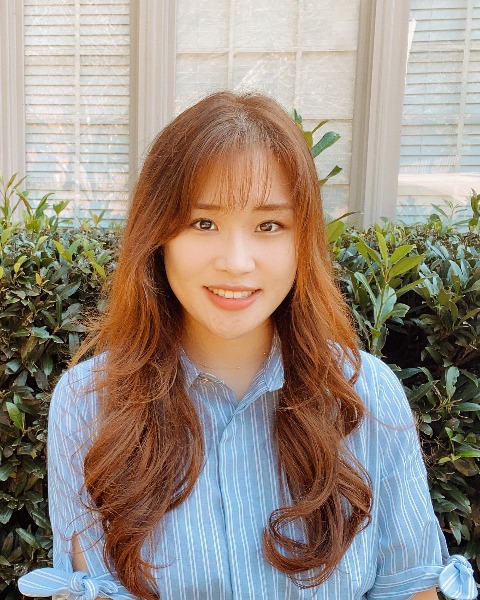Symposia
Technology/Digital Health
4 - (SYM 33) Evaluating an Online Single-session Intervention Addressing Minority Stress Among LGBTQ+ Adolescents
.jpg)
Jenny Shen, M.A. (they/them/theirs)
PhD Student
Stony Brook University
Stony Brook, New York, United States- AR
Alex Rubin, M.A. (they/them/theirs)
Graduate Student
University of Denver
Denver, Colorado, United States - KC
Katherine Cohen, M.A. (she/her/hers)
PhD Student
Northwestern University Feinberg School of Medicine
Chicago, Illinois, United States - AH
Annie Hart, BS
Masters Student
University of Denver
Denver, Colorado, United States 
Jenna Sung, M.A.
PhD Student
Stony Brook University
Queens, New York, United States
Riley McDanal, M.A.
Graduate Student
Stony Brook University
Stony Brook, New York, United States- CR
Chantelle Roulston, BA
PhD Student
Northwestern University
Evanston, Illinois, United States - IS
Ian Sotomayor, B.A. (he/they)
Lab Coordinator
Stony Brook University
Brooklyn, New York, United States - KF
Kathryn R. Fox, Ph.D.
Assistant Professor
University of Denver
Denver, Colorado, United States 
Jessica L. Schleider, Ph.D. (she/her/hers)
Associate Professor
Northwestern University
Chicago, Illinois, United States
Speaker(s)
Co-author(s)
Background
LGBTQ+ youth face myriad adverse health outcomes due to minority stress, creating a need for accessible, mechanism-targeted interventions to mitigate these minority stress-related risk factors. We tested the effectiveness and acceptability of Project RISE, an online single-session intervention designed to ameliorate internalized stigma and improve other mental health outcomes among LGBTQ+ youth. We hypothesized that youth assigned to RISE (versus a control) would report significantly reduced internalized stigma and increased identity pride at post-intervention and at two-week follow-up and would find RISE acceptable.
Methods
We recruited adolescents nationally through Instagram advertisements in May 2022 (N = 538; M age = 15.06, SD age = 0.97). Participants were randomly assigned to RISE or an information-only control and completed questionnaires pre-intervention, immediately post-intervention, and two weeks post-intervention. Inclusion criteria included endorsement of: (1) LGBTQ+ identity, (2) being age 13–16, (3) English fluency (4) Internet access, and (5) subjective negative impact of LGBTQ+ stigma.
Results
Relative to participants in the control condition, participants who completed RISE reported significant decreases in internalized stigma (d = −0.49) and increases in identity pride (d = 0.25) from pre- to immediately post-intervention, along with decreased internalized stigma (d = −0.26) from baseline to two-week follow-up. RISE did not outperform the control in reducing secondary outcomes of interest at two-week follow-up (i.e., hopelessness, self-hate, depression, and anxiety symptoms); instead, levels of secondary two-week outcomes tended to improve in participants regardless of condition assignment. Participants rated both RISE and the information-only control as highly, equivalently acceptable, and RISE had a high completion rate by participants (89%).
Conclusions
RISE appears to be an acceptable and a useful online SSI for LGBTQ+ adolescents, with potential to reduce internalized stigma in both the short- and longer-term. Future directions include evaluating effects of Project RISE over longer follow-ups and in conjunction with other mental health supports.

.png)
